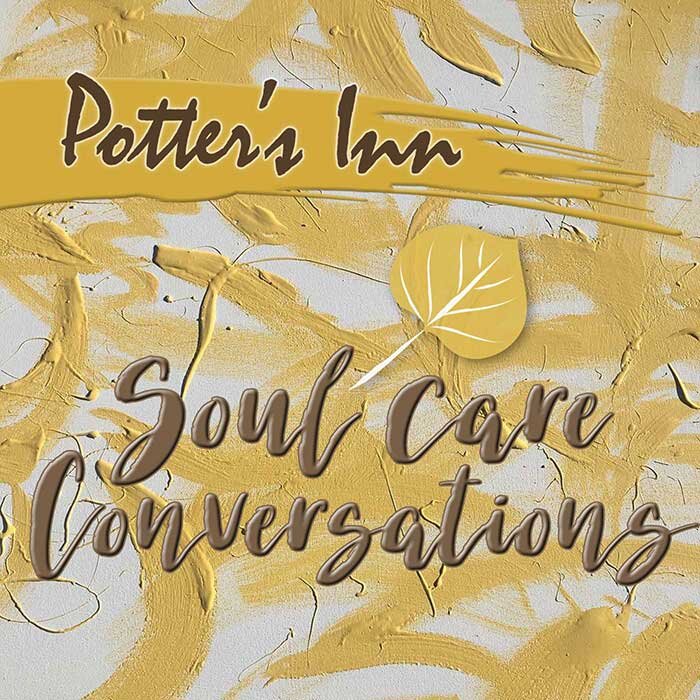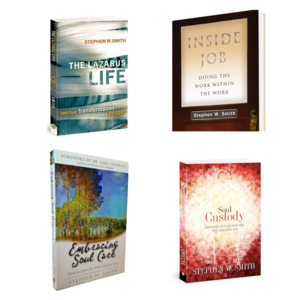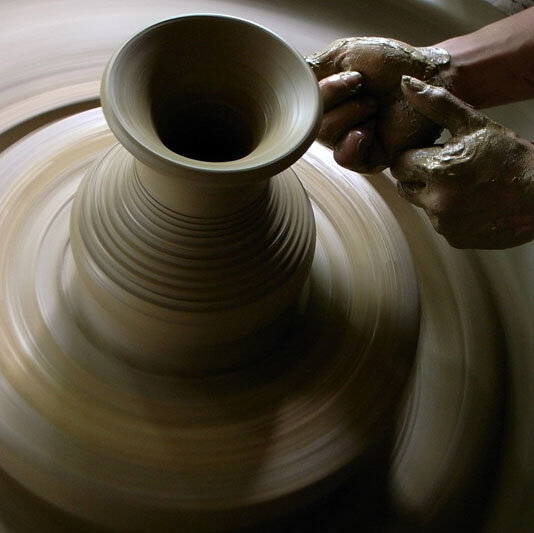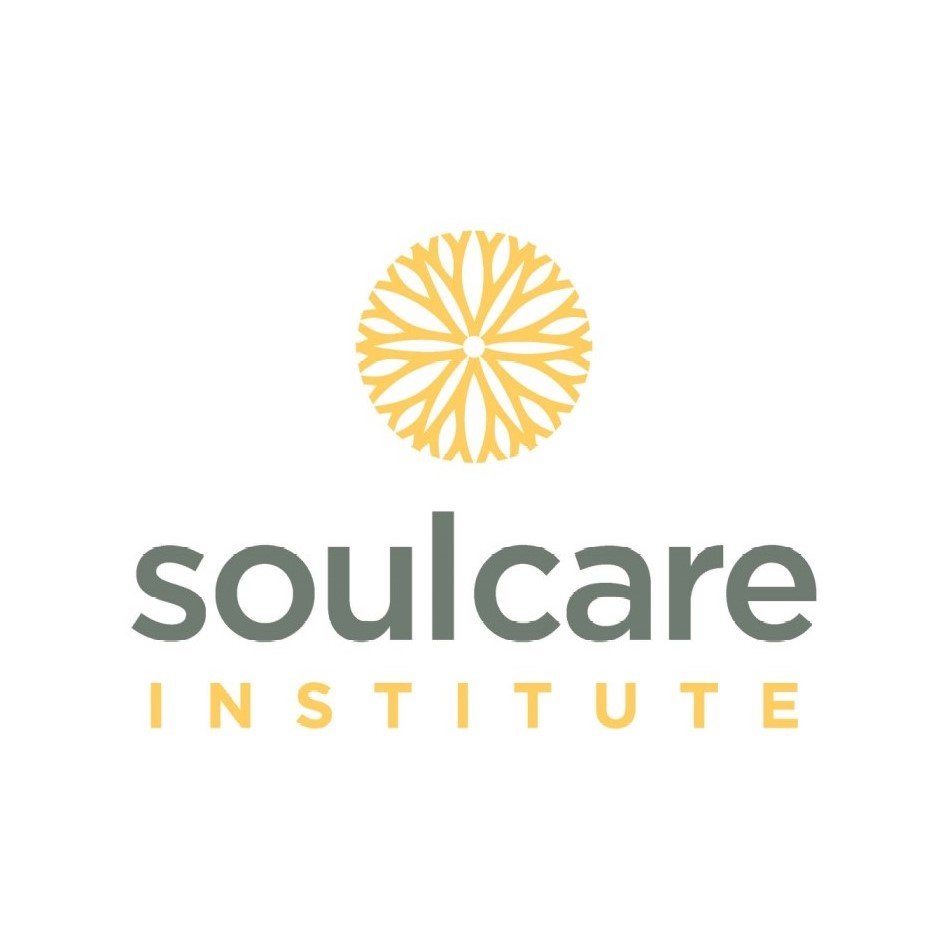by Stephen W. Smith
Jesus’ words, “Are you tired, worn out, burned out on religion…” (Matthew 11:28, The Message) were not words for an unreached people group. Jesus targeted this penetrating question to the men and women who followed him and walked with him. When Jesus spoke of “gaining the whole world but losing your soul”(Matthew 16:26), he again was speaking directly to his apprentices, the disciples.
Somewhere along the way, we need to ask ourselves this question: What am I losing by all the gaining I am experiencing? That’s a tough question to pause with and explore. But unless we ask ourselves this question along with other soulful questions, we will experience the same plight that Jesus describes.
Today, many of us are living our lives on empty and calling this—the abundant life. As we travel around the world, we are seeing more and more people ask this question: Is the way I am living sustainable? It’s a foundational question for all of us to ask. Summer is the ideal time to do some life evaluation. I hope this article will give you food for thought.
Loving and caring for people is an honor and privilege for many of us. As people who care for others, we are invited into the hallowed chambers of another person’s heart to help them see what is happening inside and see the fingerprints of God. That journey for the caregiver, counselor, or soul care provider is strangely expensive.
Output cannot exceed input!
It is expensive to lead an organization. By expensive, I mean the emotional, mental and relational costs we all give out as we lead and serve in our work space and home life. If our output is exceeding our input, then we are in trouble—our souls are in danger and how we are living is not sustainable. No one’s output can exceed their input and call it sustainable.
As one who has cared for people my entire adult life, let me say it as plainly as I can: there is much to lose by giving so much of ourselves away. The mental, spiritual, emotional, and physical output needs to be taken into account.
Practicing Soul Care Is Never A Selfish Act
I often hear this question: Isn’t it really selfish to pull back and slow down when there is so much need around us? This is the beginning place of soul care. Unless we resolve this dilemma, we will not embrace the heart of soul care.
Practicing soul care is never a selfish act. It is really an intentional way to be a good steward like we want to be with our money and cars. Our soul needs care. On a family camping trip, the six of us packed into our van pulling our pop-up camper. It was going to be a long overdue family weekend away from responsibilities. Two hours into the trip, the nightmare happened. The van began rocking and knocking and screeched to a sudden stop. We were in the middle of nowhere. Lifting the hood provided the answer through the smoke and burned smelly stench. The engine had blown. In my busyness, I had not checked the oil and didn’t know I was running on empty. What an expensive disappointment and everyone of us felt the ripple effect of my neglect.
This is how it is with the souls of many leaders. People who give and give and run their life in the busy lane of our fast freeways are suffering while they don’t even know it yet. A Chinese couple I worked with recently taught me more than I ever taught them. They shared with me the Chinese meaning of the word, ‘busyness.’ That word in Chinese is comprised of two words. One means ‘heart.’ The other means, ‘annihilation.’ Busy caregivers who don’t stop and learn to care for their own souls are in fact doing exactly what Jesus warned us about—annihilating and losing our souls.
Soul Care is An Act of Stewardship
Learning and practicing soul care is an act of stewardship. We are honoring what God honors. We are taking care of what matters most in life: our soul! As we know, the Gospel writer Luke was a physician by training. He had an eye for health and well-being. It is Luke, for instance, who shares more miracles of healing than do Matthew, Mark, and John. But Luke is the one who reveals how Jesus “did” his life. Embedded in Luke’s account are multiple times where we actually see Jesus doing what we need to do to survive the demands of life and ministry. Jesus pulled aside regularly and made it a part of his normal practice to spend time alone and in solitude. In doing this, every need was not met. Every person was not helped. Every ill person was not healed.
While that may sound unloving, Jesus knew what we need to know. Loving yourself is never a selfish act. It is the one of the highest forms of love and care we can do. When you look at and study the very life of Jesus, we soon see a model of life that integrates input as well as output. He took time away. He refueled his own soul in solitude. He allowed himself to be anointed with the precious oil of Mary. He feasted with friends who were life giving-not life draining. He was never in a hurry—never!
Flying home last week from a weekend retreat away, I again heard the flight attendant tell me what to do: “In the unlikely event of cabin depressurization, first put the oxygen mask on yourself. Then help those around you.” The flight attendant had it right for more than merely flying fast at 30,000 feet! We need to practice breathing here and now before we can help others breath.




